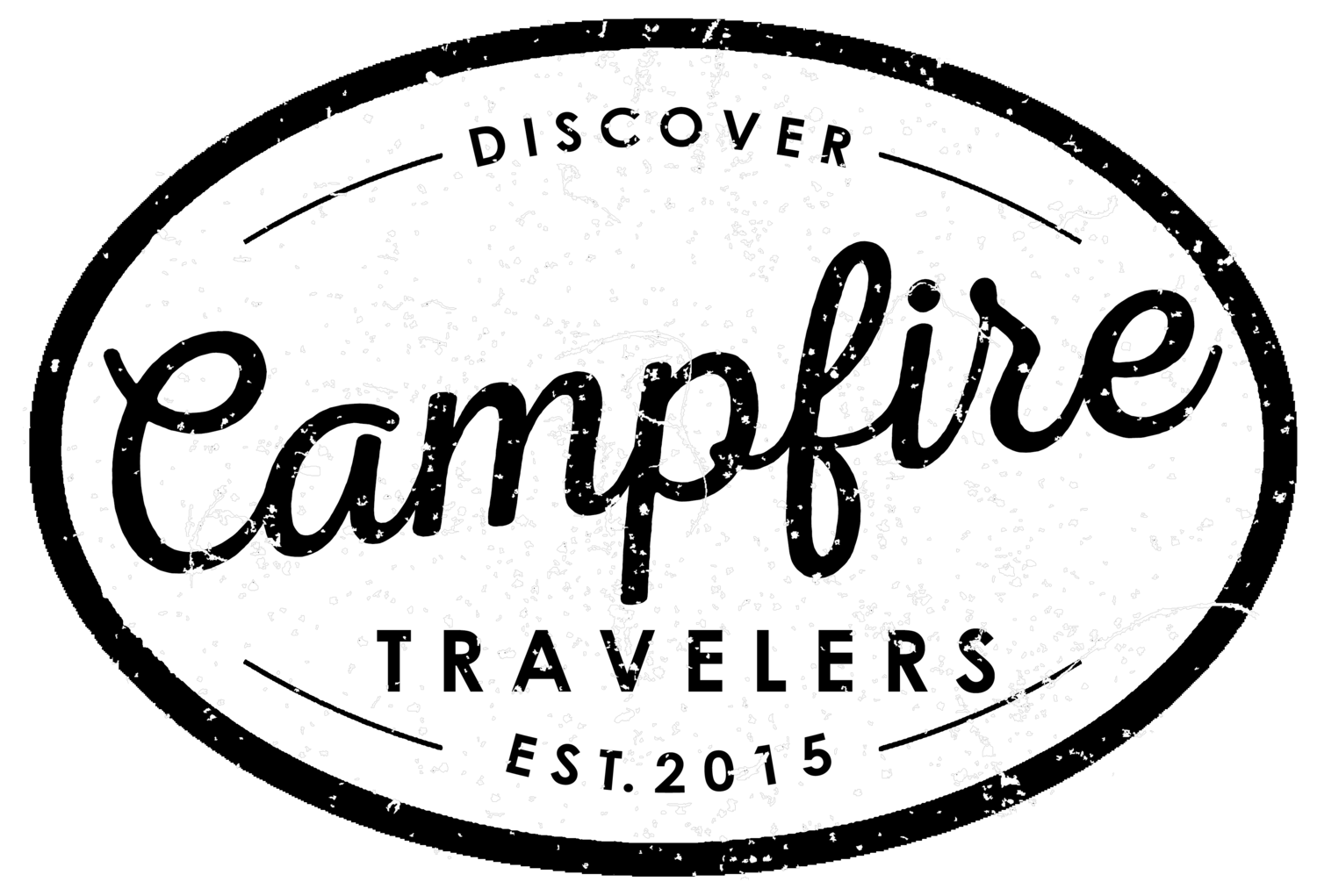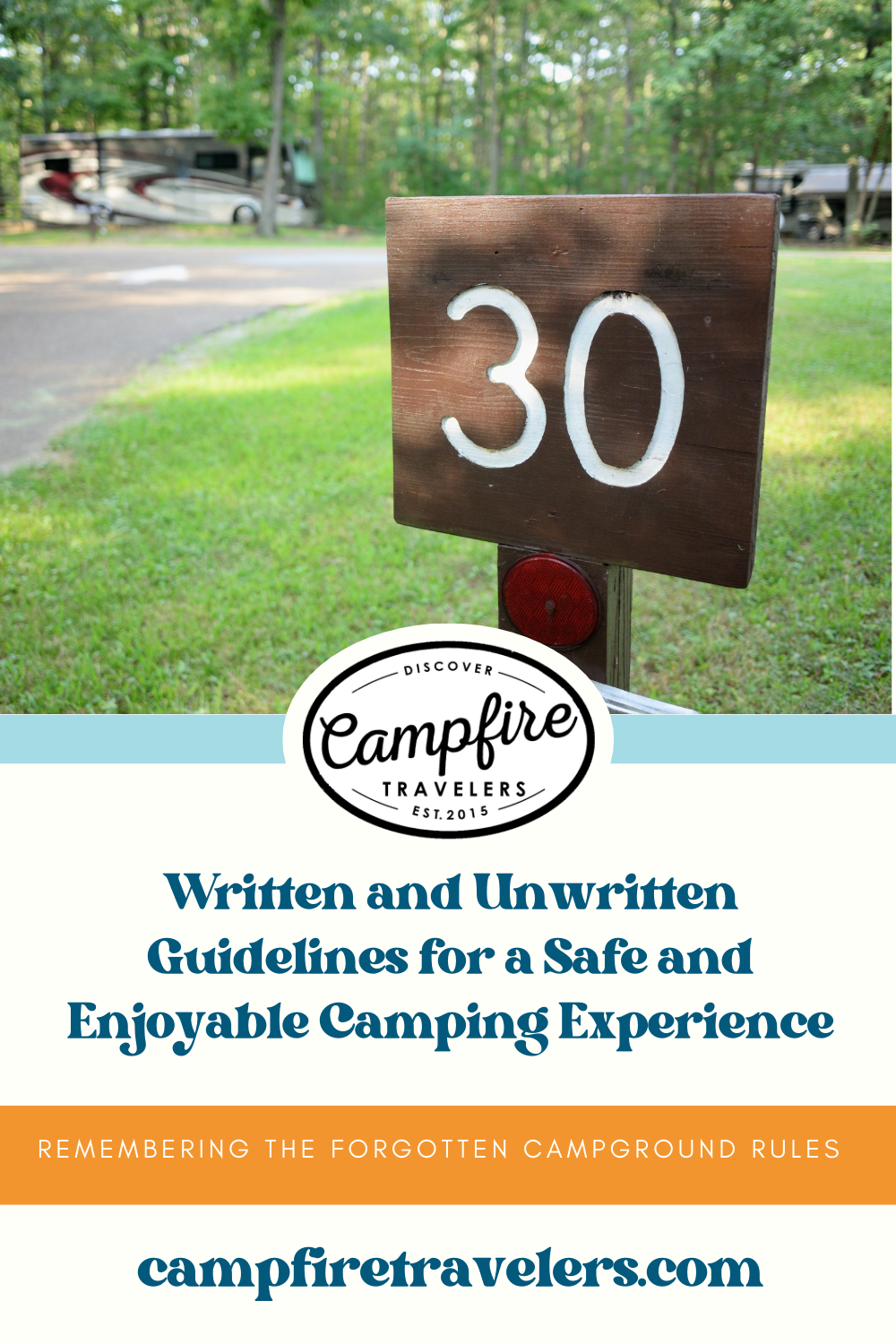Camping and RVing Sustainably: Tips for an Eco-Friendly Adventure with goSili
Explore the great outdoors while minimizing your impact on the environment with our guide to camping and RVing sustainably. From practicing "leave no trace" principles to using eco-friendly products, we provide practical tips and ideas for an environmentally responsible camping or RVing trip. Learn how to conserve water, respect wildlife, and reduce your carbon footprint. Join us as we share our own experiences and knowledge on how to make your camping or RVing trip not only fun but also good for the planet. Don't just take a vacation, take an eco-friendly adventure.
There are exponential ways to make camping “easier”, like paper plates to avoid time spent doing dishes, premade meals so you don’t have to cook, and of course, tons of those red plastic cups to handle all the soda, water, and juice everyone is no doubt drinking to keep cool while camping. Unfortunately, all this creates an unnecessary amount of waste. It’s not uncommon to observe overflowing dumpsters at any campground you visit.
Fortunately, we can all do a little better to help solve our overwhelming waste problem. We have a few ideas for some simple swaps to make camping more enjoyable now and for the future.
Dry Camping/Boondocking
Going off-grid is not only quiet and relaxing, but when you break away from some of those larger, more wasteful campgrounds, you can guarantee you won’t be using any extra resources due to the limitations of your tanks and batteries. Investing in solar panels will also help you stay off-grid longer without having to rely on a generator.
Reusable Kitchen Items
No one likes doing dishes, especially when we’d rather be spending time with family, but single-use (paper and plastic) plates/cups create way more waste than we’d care to acknowledge. When we stick with reusable items and fill up the trash bags less, it is always worth the extra effort.
Recently, our friends over at GoSili sent us a few of their reusable cups and straws to try out over the summer. These super strong brightly colored silicone cups were quickly claimed by each of my twins and only returned when they were looking for water and lemonade refills. Over three months of heavy use and they still look brand new!
GoSili cups are incredibly durable and meant to last a lifetime…which is kind of the point! It’s an easy, sustainable solution to kicking the single-use cup habit. Whether on-the-go, in the great outdoors or staying home, this cup is your perfect drinking companion. All components of the GoSili cup are dishwasher and microwave safe and can be boiled to sterilize. Visit the GoSili store on Amazon.
Recycle
Don’t forget aluminum is indefinitely recyclable, which means a little less single-use guilt. When you are using cans on your trip PLEASE recycle those, even if it means bringing them home to your own bin.
Quality Gear
Saving a few dollars now will mean having to purchase new gear earlier to replace the old. Instead, buy durable gear now. Cups, straws, and kidswear from goSili will stand up to the test of time. When it comes to camping and backpacking gear we love all of our GSI Outdoors products - they are built to last.
Use Eco-friendly Cleaners
Use eco-friendly products such as biodegradable soap and sunscreen to minimize the impact on the environment. Campsuds has always been a favorite of mine and can be used to wash your body or your dishes in a way that is safer for than environment than other harsh detergents.
Minimize Water Usage
Practice water conservation by taking shorter showers, using a low-flow shower head like Oxygenics (we use this one), and washing dishes with a basin instead of running water when in your RV. Another water-saving tip is to avoid running your black tank flush for more than five minutes.
Unplug
Use solar-powered or battery-operated camping lights and electronics. There are so many options these days to charge your devices on solar, it’s time to start making the investment.
While you’re cutting out electronics, ditch that high-wattage coffee maker and learn the art of pour over coffee. It really does taste better! These GoSili silicone coffee cups are soft, non-toxic, eco-friendly, and perfect for sitting around the campfire with a hot cup of coffee.
Use Eco-friendly Transportation
Use a bicycle, scooter, or skates to explore the camping area and surrounding towns. Bikes produce no emissions, making them a much more environmentally friendly mode of transportation than cars. You are able to navigate through traffic more easily and can find parking more easily than cars, which can save time and reduce stress. Not to mention biking is a form of exercise that can help improve cardiovascular health, strengthen muscles, and boost mood. And most importantly cycling allows one to experience the city in a different way and appreciate details that are often overlooked while driving.
Respect Wildlife
Keep a safe distance from wildlife and avoid feeding them to avoid disrupting their natural habits. We all love seeing animals while camping, but please don’t disrupt nature.
Plan Ahead and Prepare
Research the camping area before you go, this will help you know what to expect and how to minimize your impact on the environment. Perhaps there is a drought or burn ban in the area you’re going to next week? These are all things you need to be prepared for ahead of time to lessen your impact on their resources.
Leave the Firewood at Home
Bringing your own firewood that can spread invasive species is very real and very dangerous, buy firewood at the campsite or (if it’s allowed) gather it from around the campsite after you arrived.
Leave No Trace
Most importantly to any camping trip please follow the "leave no trace" principle by leaving the campsite as you found it. Pack out all trash and any leftover food, and avoid disturbing the natural surroundings. One of my favorite things about camping and RVing with our kids is instilling a love for nature in the next generation. When we take the time to show them how to appreciate Mother Earth and all that she has given us, then we have created a better future. And I think that’s all something we can agree on. If you want to learn more about how to leave no trace check out this post.
Sometimes changing to eco-friendly ways of travel seems overwhelming, but it really can be easy if we all make one or two swaps every time we go on an adventure. Pass these tips along or share some of your own down in the comments so we can all make a difference. By following these tips, you can help preserve the natural beauty of the outdoors for future generations to enjoy.
Read more of our recent posts about camping -
SHARE with a friend!
SAVE for later!





































